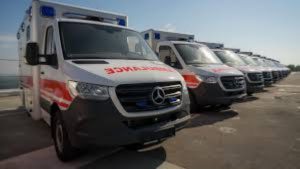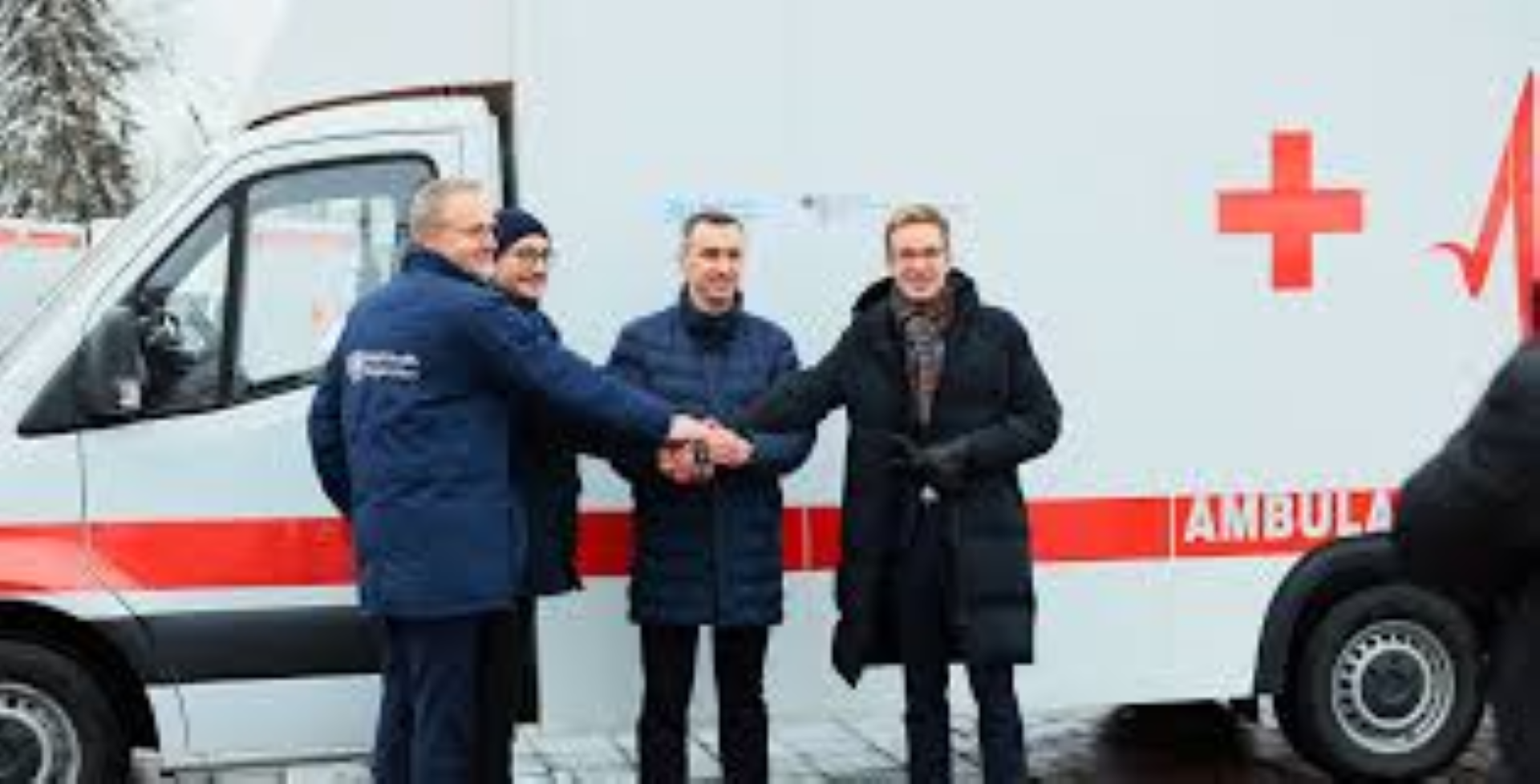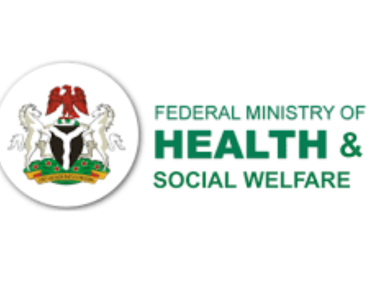With funding from the German government and the US Agency for International Development (USAID), WHO has given 23 ambulances to the Ukrainian Ministry of Health so that patients can receive emergency medical attention while the conflict is going on. These ambulances, which are mostly intended for the transfer of critically ill patients to and from hospitals, will function as mobile intensive care units.
Dr. Hans Henri P. Kluge, WHO Regional Director for Europe, made his sixth visit to Ukraine this week. “Today we are donating additional emergency vehicles to Ukraine to improve the timeliness and quality of health services provided to patients amid the war and strengthen the capacity of the health system in responding to wartime challenges,” Kluge stated.
According to Dr. Jarno Habicht, WHO Representative in Ukraine, “WHO supports Ukraine in ensuring the continuity and availability of medical services amid the war, and together with partners, we hand over Type C ambulances to enable access to essential and life-saving medical care for Ukrainian patients during hospital transportation.”
Defibrillators, monitors, lung ventilators, medical oxygen delivery systems, infusion pumps, electrocardiogram machines, a variety of stretchers, trauma care equipment, and other life-saving equipment are specifically installed in each ambulance, allowing for the delivery of highly specialized and critical care for patients who need extra life support while being transported.

The ambulances are going to be dispersed around the nation, covering, among other places, the provinces of Dnipro, Donetsk, Kharkiv, Odesa, Sumy, and Zaporizhzhia.
“We are making every effort to give our patients the medical attention they need despite Russia’s persistent shelling and deliberate attacks on our medical facilities. This is largely due to the efficient and excellent work that emergency medical services perform. As a result, I want to express my profound gratitude to all of our partners for helping our emergency services in their job, particularly when it comes to modernizing the fleet of vehicles—which, regrettably, the enemy frequently targets. As of right now, around 600 ambulances have been lost, damaged, or destroyed, and the number is still rising. The 23 ambulances that were delivered today will greatly improve our healthcare system, according to Viktor Liashko. The ambulances are essentially mobile intensive care units that enable patients in critical condition to receive life-saving care while being transported.
“The United States is still dedicated to helping the Ukrainian people.” In order to achieve this, USAID will keep up our strong support of the healthcare system and other programs that save lives. These ambulances are only one illustration of the many different health services that we, along with our partners like WHO, are trying to offer the people of Ukraine. We also need to acknowledge the extraordinary work that our local and international UN and NGO partners have done. According to Julie Koenen, USAID Mission Director, “Every day, they are valiantly working to evacuate vulnerable populations from frontline areas, support emergency medical care, deliver essential health services, and provide rapid mental health and psychosocial support services to Ukrainians affected by the conflict.”
Germany is the second-largest bilateral donor to Ukraine, after our US allies. Germany has been supporting Ukraine for a long time. In addition to our assistance with reconstruction, I would want to emphasize today our dedication to knowledge transfer via the training and capacity-building of Ukrainian healthcare professionals. The German Hospital Partnership Program establishes a network of over 70 Ukrainian and 30 German institutions spread throughout 19 oblasts that is still expanding. “This is an essential step towards the advancement and enhancement of Ukraine’s healthcare system,” stated Marcus Koll, Head of Cooperation at the German Embassy in Kyiv.
Since the start of the main conflict in Ukraine on February 24, 2022, 137 ambulances have been provided by WHO and its allies to the country’s Ministry of Health.







